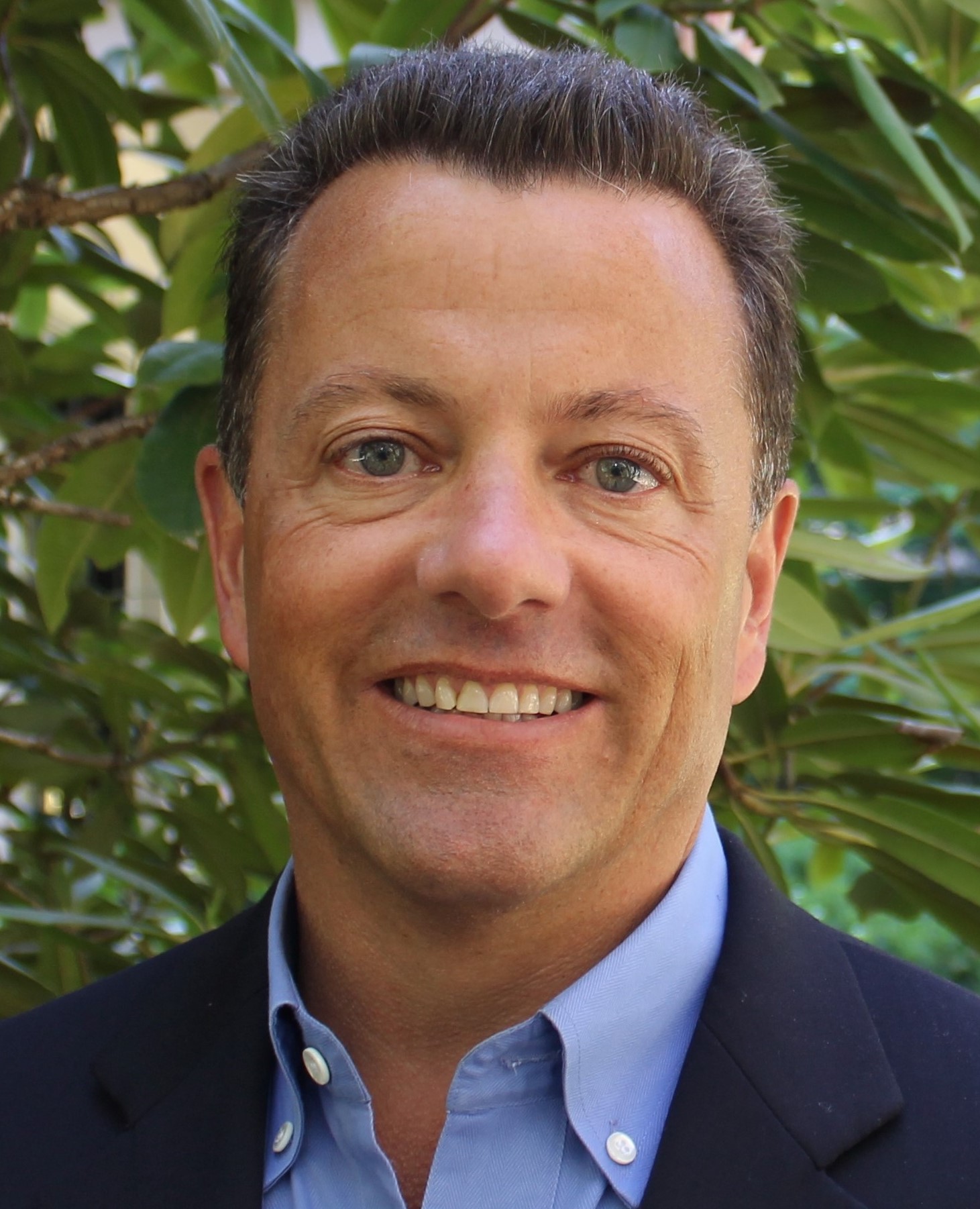Who We Are
Our Mission
At BrainCARE, we understand your struggle, not just with the after-effects of a head injury, but the frustration with the medical system that hasn’t helped you get the recovery you want and deserve. Our mission is to partner with you to optimize your recovery to the fullest extent possible.
Our Core Values
- Every person and every brain injury is unique and should be treated as such.
- Every person deserves the opportunity to maximize their recovery no matter how bad their injury or how long ago it happened.
- A patient will have a better recovery when the doctor and patient work together as a team.
- An educated patient will better participate in their own recovery.
Extraordinary Care Requires An Extraordinary Doctor
Michael D. Lewis, MD, MPH, MBA, FACPM, FACN, is a proven leader and expert in brain health, concussions, and traumatic brain injuries (TBI) as well as a recognized innovator in infectious disease surveillance and epidemiology. Dr. Lewis graduated from the U.S. Military Academy, West Point, NY, and served as an intelligence officer in Infantry Divisions for five years prior to attending medical school at Tulane University in New Orleans. Following a surgical internship at Walter Reed Army Medical Center, Dr. Lewis served as Chief of the Primary Care, Executive Medicine, and Flight Medicine Clinics as well as Emergency Medical Services at The Pentagon where he routinely cared for the highest levels of leadership in the Department of Defense, U.S. Congress, and U.S. Supreme Court. He was rated as a Senior Flight Surgeon and a graduate of the U.S. Army’s Airborne and Ranger schools.
Dr. Lewis is board-certified in General Preventive Medicine and Public Health and is a Fellow of the American College of Preventive Medicine and the American College of Nutrition. He received a Master Degree in Public Health from The Johns Hopkins University and completed his residency specialty training at the Walter Reed Army Institute of Research (WRAIR). At WRAIR, he envisioned, created, and developed the ESSENCE program, the nation’s first and largest Syndrome-based Disease Outbreak Recognition System that supports the Military Health System, is the foundation for the US CDC’s National Syndromic Surveillance Program and National Bio-Sense Program, and used by state health departments and many health departments around the world. His pioneering work led to an entirely new field of epidemiology and creation of The International Society for Disease Surveillance.

Dr. Lewis’ last position in the military was as the Principal Investigator, Congressionally-mandated Longitudinal Study of TBI in OIF/OEF, where he brought his epidemiologic expertise to the Defense and Veterans Brain Injury Center to design ways to evaluate long term outcomes. Dr. Lewis also served as the Public Health expert for the Afghanistan National Army Health System; the DoD Nutritional Supplement Committee; and was the DoD’s subject matter expert on the use of omega-3 nutritional therapy for the prevention and treatment of head trauma. Previous assignments include Director, Division of Epidemiology and Biostatistics, Uniformed Services University, Bethesda, MD; and DoD Global Emerging Infections Surveillance Program Director, AFRIMS Research Laboratory in Bangkok, Thailand, where he established, developed, and coordinated multi-million dollar programs across eight countries in Asia and led investigations into major disease outbreaks and was at ground zero for SARS, Avian Influenza, and the largest documented outbreak of multi-drug resistant Typhoid Fever.
Upon retiring as a Colonel after a distinguished career in the U.S. Army, he founded the nonprofit Brain Health Education and Research Institute. His pioneering work in the military and since has helped thousands of people around the world and regularly featured in the media, radio, podcasts, webinars, scientific conferences, and television including CNN’s Sanjay Gupta MD show, Fox News, C-SPAN, and more. Dr. Lewis is a consultant to the U.S. Army and Navy as well as several organizations and companies around the world, and a founding member of the Pop Warner Youth Football Medical Advisory Board. He also serves on the Board of Directors of National Collegiate Rugby where he serves on the Medical and Safety Committee. Dr. Lewis is the author of When Brains Collide: What every athlete and parent should know about the prevention and treatment of concussions and head injuries.
